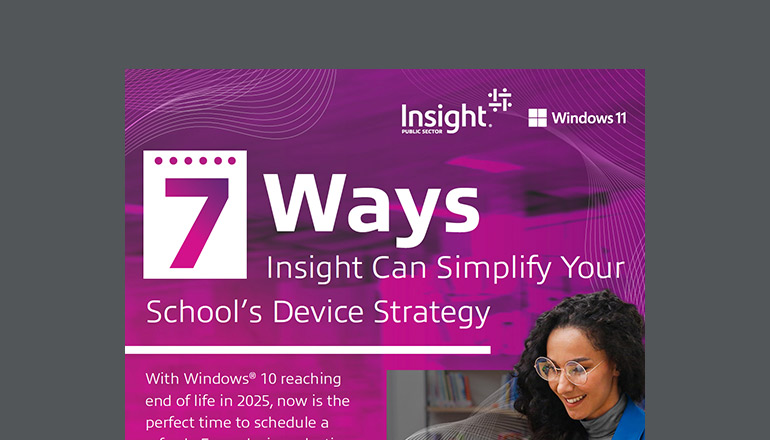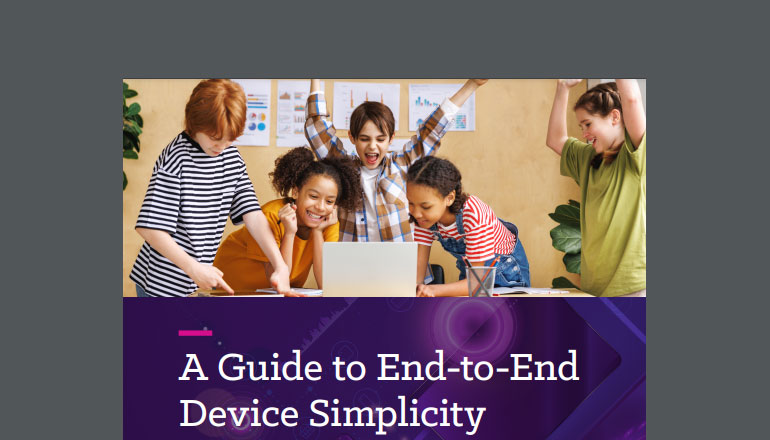Teenagers love video games. According to Pew Research, 90% of teens play them. But what if there were a way to combine students’ passion for gaming with academics? That’s where esports come into play. Senior Esports Development Manager Joe McAllister has dedicated his career to growing esports programs in schools. He’s an industry expert and has worked with more than 500 schools to help develop successful programs.
Why should schools have an esports team or club?
I get this question all the time. Esports provide significant opportunities for student development. Essentially, esports are an extracurricular activity that builds community and creates a sense of belonging. It also helps develop students’ interpersonal skills. Most games are team based, so students need to collaborate. There are opportunities to foster teamwork, leadership and perseverance — the same skills we know and love in traditional sports. Plus, it's an activity that appeals to the widest range of students, no matter your age, gender, socioeconomic status or ability. Esports are for everyone.
In terms of hard skills, students have the opportunity to gain experience in different careers, like IT, broadcast and video editing. And, students who participate in extracurriculars tend to have higher GPAs and attendance rates.
What do you wish people knew about esports?
I wish people knew how prevalent esports are. There’s a $50 million arena being built in Philadelphia, a $300 million arena being built in Toronto and a $30 million arena being built in the South Side of Chicago. Esports are growing across the country. You can't dismiss it as “just video games” anymore. It's a culture. It’s a community. Schools, parents, companies and students all need to understand that.
I also want people to understand how on-campus esports programs foster inclusivity. It's really important to have on-site spaces to include students of low socioeconomic status. Bring Your Own Device (BYOD) programs or students playing from home exclude people who don’t have access to these resources.
What’s your top piece of advice for schools that want to start an esports team?
Planning is critical. There are a lot of situations where schools spin up a program and roll with it. That’s great, but how are you going to empower students’ soft skill development? How are you going to provide those opportunities in technology, marketing and graphic design? Small programs are a great start, but schools need to plan the program as an academic venture to take advantage of all esports can offer.
What’s your role at Insight Public Sector?
I help schools, libraries and recreation centers — really any space in the public sector — understand what esports are and why they’re important. I answer questions, such as “How do I create an esports team?” and “How can students benefit from esports?” My primary responsibility is to be an esports consultant and a resource for organizations, because there's not much end-to-end support available. I'm in a position where I can, and absolutely, want to help.









